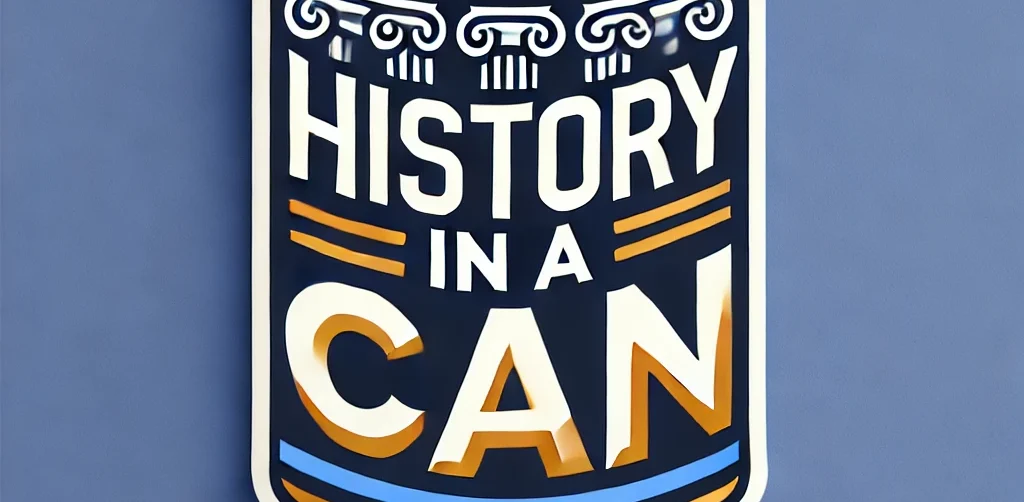Best Yamaha Classical Guitar for Intermediate Players
Yamaha has long been a trusted name in classical guitars, offering a wide range of options for players at every skill level. If you’re an intermediate player ready to step up from a beginner model—or simply looking for a dependable, great-sounding nylon-string guitar—Yamaha delivers exceptional value, tone, and craftsmanship. In this guide, we’ll break down … Read more
